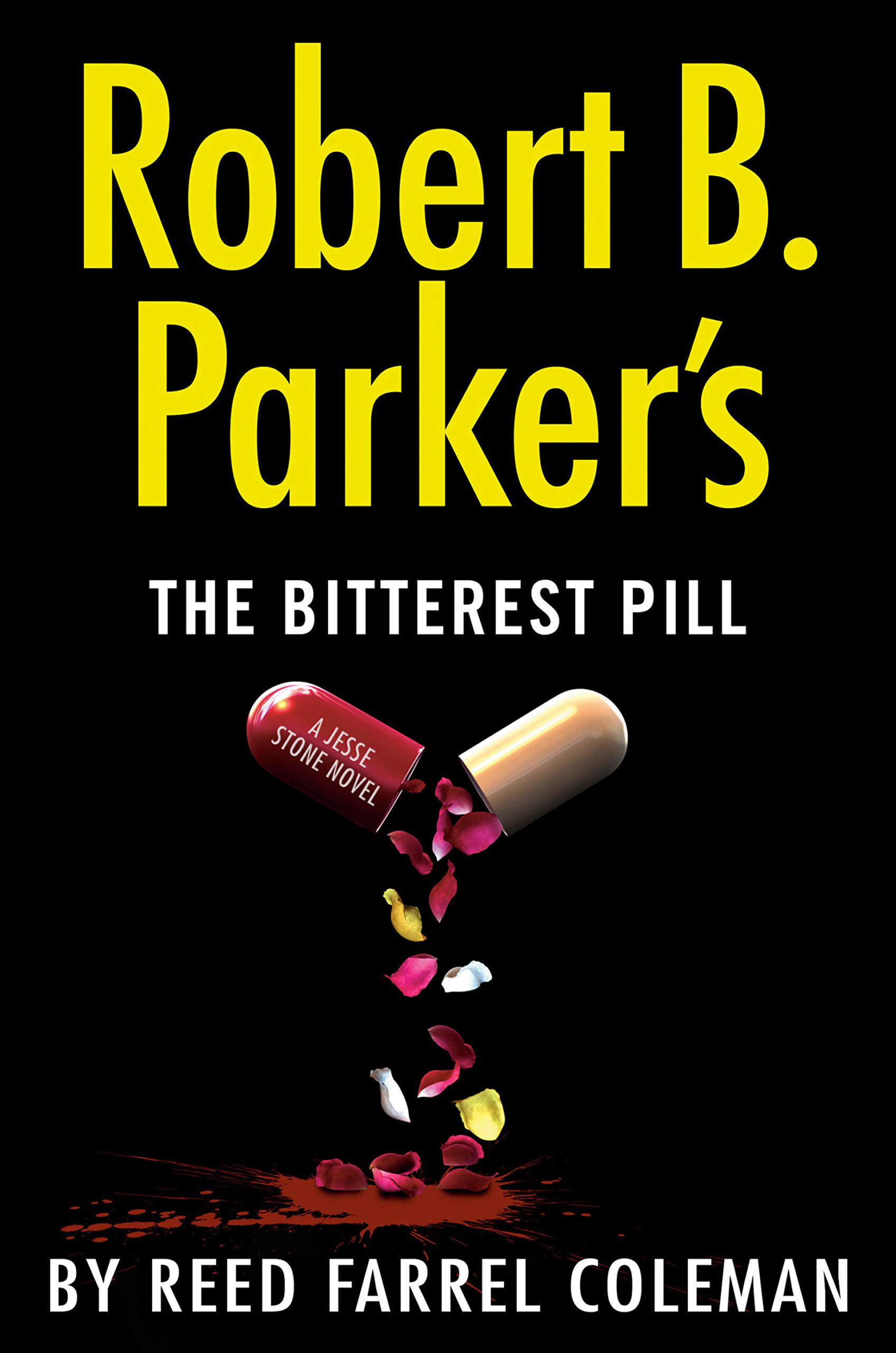Deep Dive Into Knopf’s Latest Mystery


It’s not until near the end of “Deep Dive,” Chris Knopf’s new murder mystery, that the title appears — a reference to a body, on page one, having crashed through a window two stories up in an elegant Southampton house “definitely dead. Along with the rhododendron he landed on.” By then, the award-winning novelist has loaded (and locked) his meaning: the victim, it’s discovered early on, took a deep dive into corruption.
Whodunnit? It couldn’t be the accused, the pathologically honest Burton Lewis, billionaire philanthropist and good buddy of Sam Acquillo, Knopf’s smart, sexy (even in late middle age), sardonic protagonist. Sam’s back now for a ninth go-round as a private investigator and former screw-up, which Knopf smoothly alludes to for readers who somehow missed Acquillo romps one through eight. An ex-CEO, ex-boxer and ex-husband, Sam’s a well-read, Latin-quoting cynic with a big heart and sharp sense of humor who’s still living in a cottage on Little Peconic Bay near his lady love, Amanda, and with his beloved dog, Eddie Van Halen, never far from vodka, his father’s ’67 Pontiac Grand Prix — and trouble.
His motto for going through life could well be adversus solem ne loquitor — never speak against the sun, or don’t waste my time — which Sam shouts to a mobster set to kill him. Sam’s aware of danger, anticipates it, courts it even, but never lets a situation overwhelm a neat riposte. When Amanda urges him to check his edge and do “pleasant talk,” he asks, “Can I split infinitives?” His manner is infectious. His lawyer friend, Jackie Swaitkowski and various police personnel who grudgingly admire him, sound off in his smartass manner, including Randall, a Shinnecock Indian whose tech savvy Sam seeks out again.
Knopf’s books are not only cleverly plotted, they are fun, an intellectual hoot. How many PI’s would muse “I think the human mind hates giving up paradigms, even when they hide what’s real. The loss of false belief becomes a kind of tragic death.” Or name their boat Carpe Mañana? Knopf can also be counted on to be timely. Sam’s investigations take him to Puerto Rico where, as he emphasizes, the island is hardly “rico” (the author went five times to do research), especially after Hurricane Maria. A Knopf novel always offers more than you expect or, as Sam might say, deserve.
The Bitterest Pill
The new Robert B. Parker crime novel, “The Bitterest Pill,” cleverly authored in the late author’s style by mystery writer Reed Farrel Coleman, who lives on Long Island, should, arguably, be in every high school in the country, maybe even middle school. It’s that timely and instructive about the growing opioid epidemic, and fast-paced enough to interest youngsters who live by social media. Older readers, Coleman’s intended audience, may recall Tom Selleck starring in the role of police chief Jesse Stone.
Yes, there’s violence and sex in the Parker series, but it’s not as though adolescents will be shocked or damaged. The novel’s clear prose, short chapters, and action-packed plot just may attract teens who say they’re not comfortable reading. Teachers or librarians might even organize discussion groups to talk about the subject matter and how it’s treated in fiction, as opposed to media. As the epigraph puts it: “Fifty years and a trillion dollars after we declared the war on drugs, drugs are now more prevalent, cheaper, and more potent than ever before. If this is victory, I’d hate to see defeat.”
Coleman occasionally shifts his third-person point of view to signal an understanding (though not approval) of some of the baddies who sell and deal in the fictional town of Paradise, slightly north of Boston, but the setting could be anywhere.
Coleman also takes up alcohol addiction (Jesse goes to AA), domestic violence, and the way kids can be hooked on drugs by physical injury or manipulated by peers. Someone’s writing those prescriptions, some pharmacies are filling them, and some parents don’t want to look too closely at behavioral change. Factor in a bit of corruption in the police department, confusing sexual awakening, and familiar tensions between parents and kids, and you may have fertile ground for weakness. Even Jesse feels the pull to regress. The “bitterest” pill tends to be the one that kills, but all street pills are horrific, with some combos worse than others, such as fentanyl-laced heroin, the go-to drug when the opioids run out.
There’s no doubt Jesse will prevail (the series must go on), though with what lasting physical and psychological effects on him and others the reader doesn’t know.



